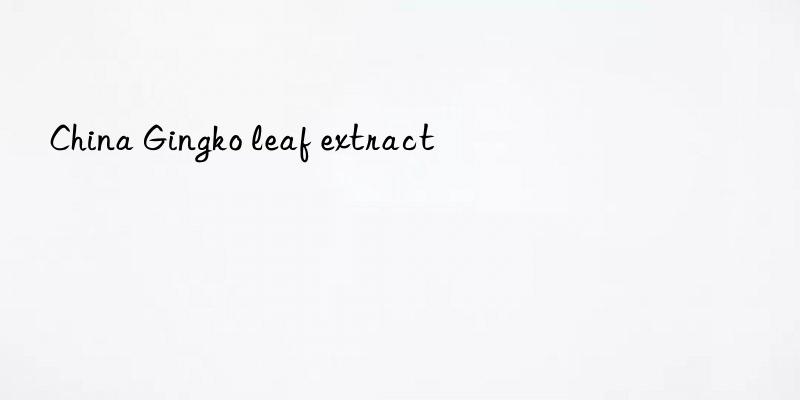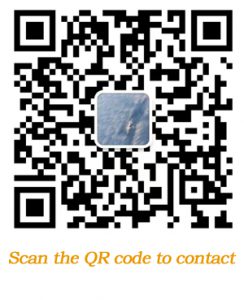
| Post Date: | Dec 01,2021 |
| Expiry Date: | Dec 01,2022 |
| Detailed Description: |
Quantity: 4Metric Tons Payment Method: L/C,T/T,Western Union,Escrow Gingko Leaf Extract Botanical Name: Gingko Leaf Extract Product Specification: Flavone 24%, Lactone 6% Active Ingredient: Flavone, Lactone Appearane: Fine powder Color: Yellow Brown Part of the plant used: Leaf Extract method: Grain alcohol Test method: HPLC Solubility: Soluble in methanol and ethanol What is it? The Chinese have been using ginkgo to treat health conditions for thousands of years, according to the National Center for Complementary and Alternative Medicine (NCCAM). Ginkgo leaf extract is widely available and used to treat numerous diseases and disorders. Ginkgo leaf extract is available in capsule, tea and tablet form. The herb is also included in some skin care products. Ginkgo leaf extract is derived from the leaves of the ginkgo biloba tree, which is native to the Tianmu Shan mountain reserve in eastern China. The large ginkgo biloba tree, also known as the Maidenhair tree, generally reaches a height of 80 feet (about 24 m) and features fan-shaped leaves and irregular branching. Ginkgo leaf extract is typically used as an herbal medicine to treat circulatory problems and symptoms associated with Alzheimer's disease, including memory loss. The effectiveness of ginkgo leaf extract to treat these conditions has not been conclusively established, but the chemicals comprising ginkgo leaf extract generally have beneficial properties. How does it work? Generally, ginkgo leaf extract contains flavonoids — a plant pigment that gives the ginkgo biloba leaf its color. When consumed, flavonoids typically serve as antioxidants in the body, thereby protecting the heart muscle, nerves, blood vessels, and retina from the harmful effects of free radicals. Flavonoids also enhance the antioxidant properties of vitamin C and interrupt the function of some viruses and bacteria. Another chemical in ginkgo leaf extract is terpenoid — a fragrant compound that improves blood flow by dilating blood vessels and reducing platelet clumping. Terpenoids also help proteins bind to cell membranes by attaching a hydrophobic section onto the protein. Several molecules that are required for biological processes are typically derived from terpenoids, including steroids and sterols. Uses: Ginkgo extract is most often prescribed as a cerebral vasodilator and brain tonic for the symptoms of senility, including memory loss, confusion, and depression. It is also frequently prescribed for dizziness, tinnitus (ringing and other sounds in the ear), Raynaud’s Syndrome (poor circulation in the hands), and intermittent claudication (pain in the lower limbs from arteriosclerotic blockages). The products have been thoroughly studied for safety and efficacy. (La Presse Medicale 1986) The European products are such complex concentrated extracts of Ginkgo leaf that they are properly classified as drugs rather than herbs. Function: 1.Blood-Thinning Effect 2.Antioxidation 3.Anti-ageing function |


